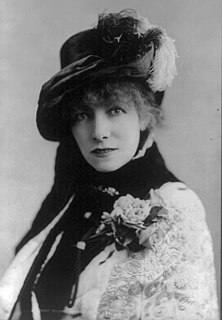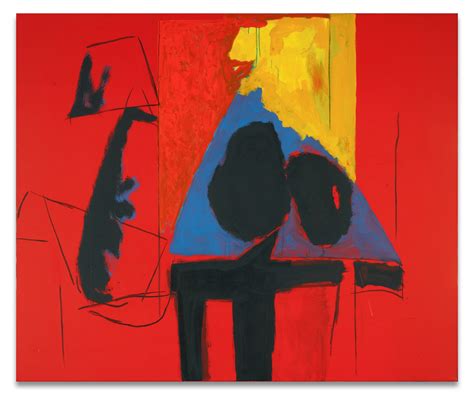A Quote by T. S. Eliot
No poet, no artist of any art, has his complete meaning alone.
Related Quotes
When a poet writes a poem, meaning arises - because the poet is not alone; he has created something. When a dancer dances, meaning arises. When a mother gives birth to a child, meaning arises. Left alone, cut off from everything else, isolated like an island, you are meaningless. Joined together you are meaningful. The bigger the whole, the bigger is the meaning.
Fine art, that exists for itself alone, is art in a final state of impotence. If nobody, including the artist, acknowledges art as a means of knowing the world, then art is relegated to a kind of rumpus room of the mind and the irresponsibility of the artist and the irrelevance of art to actual living becomes part and parcel of the practice of art.
A poet dares to be just so clear and no clearer; he approaches lucid ground warily, like a mariner who is determined not to scrape his bottom on anything solid. A poet's pleasure is to withhold a little of his meaning, to intensify by mystification. He unzips the veil from beauty, but does not remove it. A poet utterly clear is a trifle glaring.
For Poesy alone can tell her dreams, With the fine spell of words alone can save Imagination from the sable charm And dumb enchantment. Who alive can say, ‘Thou art no Poet may’st not tell thy dreams?’ Since every man whose soul is not a clod Hath visions, and would speak, if he had loved And been well nurtured in his mother tongue. Whether the dream now purpos’d to rehearse Be poet’s or fanatic’s will be known When this warm scribe my hand is in the grave.





































